Skills under a different name
26 December 2019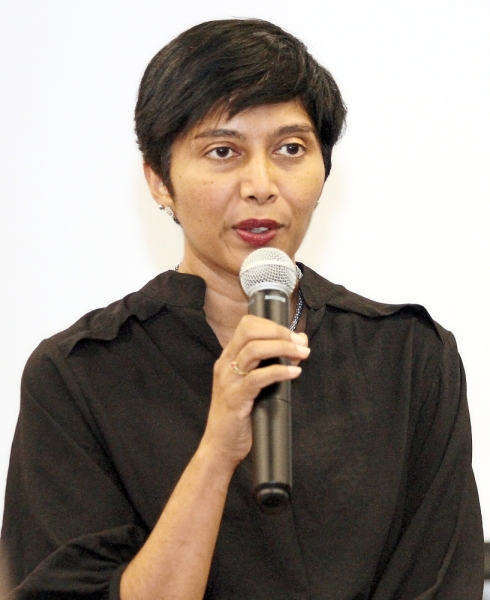
Schools under the Education Ministry are not being left behind in the digital revolution.
The ministry says digital skills have been incorporated into the school syllabus both directly and indirectly.
This is despite grouses from the main stakeholders, the students, saying that they lack adequate exposure to all things digital during their lessons.
Education Ministry Curriculum Development Division deputy director (Policy and Science and Technology) Datin Dr Ng Soo Boon says that skills such as computational thinking has always been around in the school syllabus.
She says that it just went by a different name, and one that is familiar to many - higher order thinking skills (HOTS).
Computational Thinking is a problem solving process that includes decomposition, pattern recognition, abstraction and algorithms.
As part of efforts to increase student’s exposure to digital technology, the ministry will introduce the Design and Technology (RBT) subject to primary schools next year.
This is all part of efforts to prepare the students for the fourth industrial revolution (IR4.0).
“Under the Primary School Standard-based Curriculum (KSSR) and Secondary School Standard-based Curriculum (KSSM), we are hastening our pace,” she says.
For example, Dr Ng says that analysing big data, which involves a lot of statistics, is indirectly being taught through mathematics.
She also says that there are schools, using their own funding, equipped with smart boards and virtual reality devices.
“We hope that by increasing their use of all these technologies, we are able to increase a student’s ability to think out of the box next time.
“It’s not only about learning the technology but also using it.”
When it comes to training teachers, Dr Ng says the ministry has been working with Malaysia Digital Economy Corporation (MDEC) to train a group of IPG lecturers and resource persons in secondary schools on Computational Thinking.
“We are also training primary school teachers for the RBT subject especially in coding,” she says, adding that this involves IPG lecturers and another 500 teachers over the coming months.
MDEC vice-president of talent and digital entrepreneurship Sumitra Nair says they have been working with the Education Ministry to incorporate computational thinking and computational science into the national school curriculum.
Through their My Digital Maker movement, they have been partnering with both the private and public sector to expose school students to cultivate their creativity, critical thinking, problem solving, collaboration and communication skills through digital maker activities.
The intention is to give students the opportunity for students to create their own digital technology-based inventions via skills in coding, app development, 3D-printing, robotics, embedded programming and data analytics.
She adds that teaching modules are jointly developed by MDEC and the ministry, and are produced to support the implementation of computational thinking and computational science.
The modules are used as a guide for teachers to plan their pedagogy thus make teaching and learning more effective.
To-date, teaching modules have been developed for Years One, Two and Three and all secondary levels.
Nair adds that their additions to the curriculum are in the elective subjects Computer Science and RBT.
There is also the #mydigitalmaker’s Continuous Professional Development (CPD) Centres, located in 12 universities across Malaysia.
They were established to prepare teachers and ensure they have the right teaching approach and they have trained more than 1,800 Master teachers to take their knowledge into the classroom.


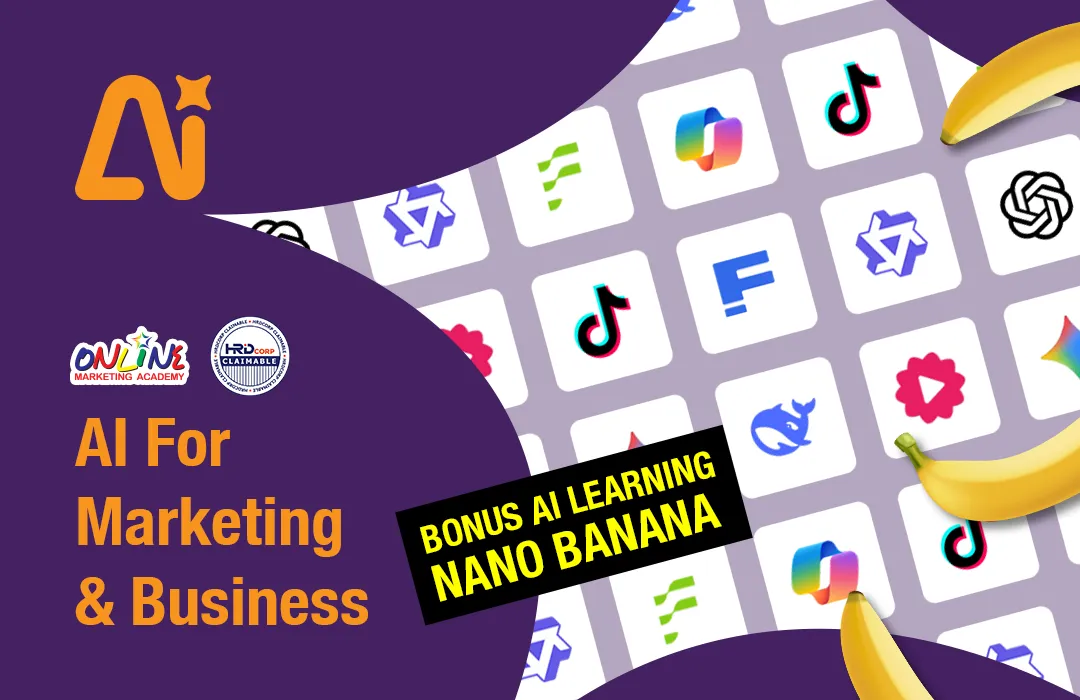
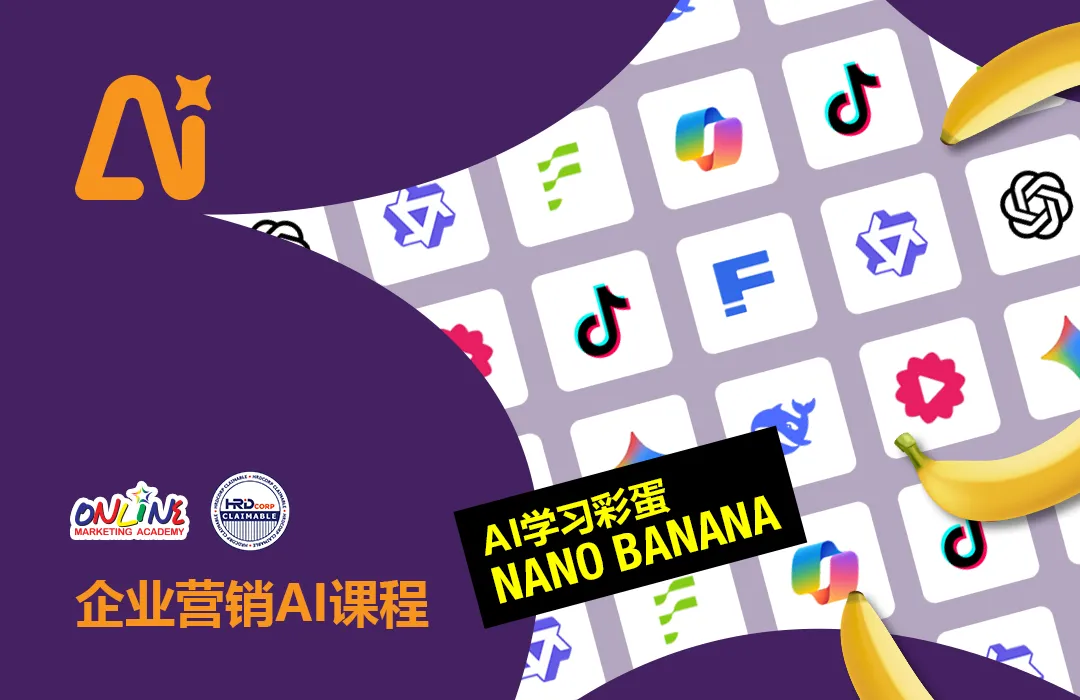
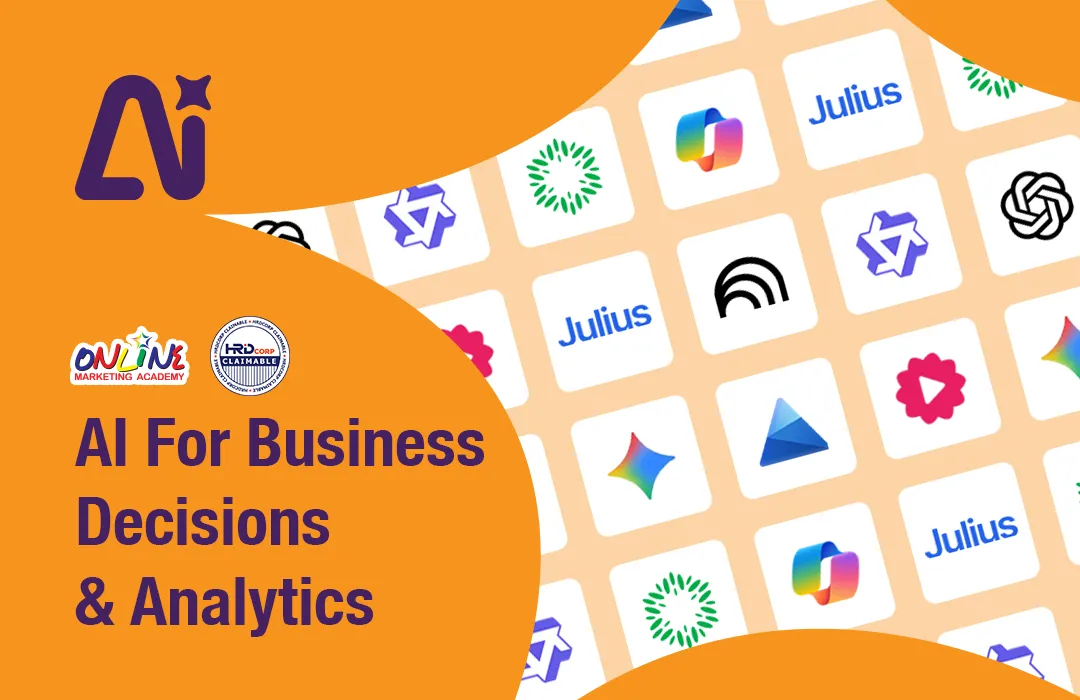




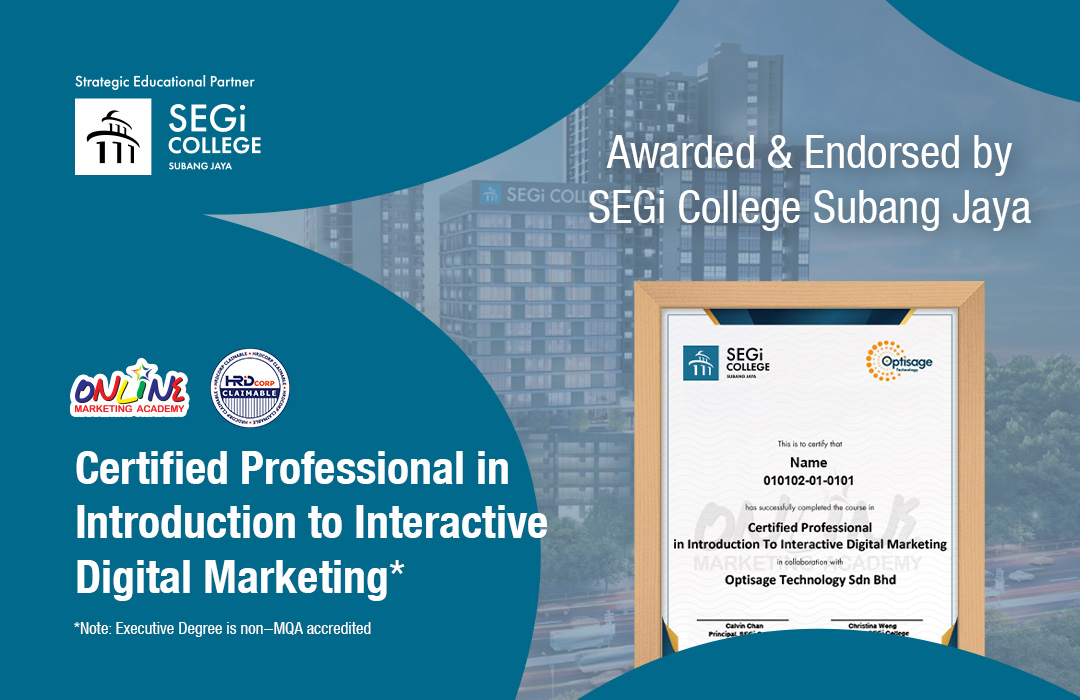
 Whatsapp Us +6011 1144 5462
Whatsapp Us +6011 1144 5462



